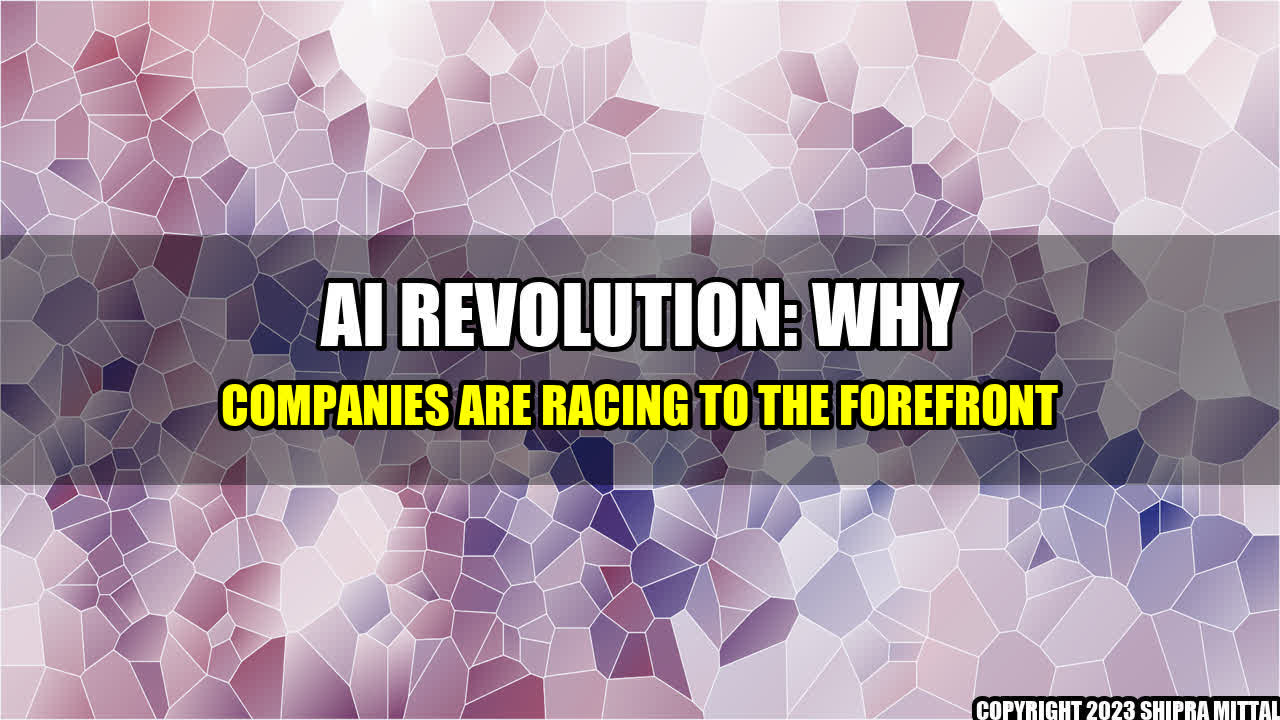Imagine you are in New York and want to grab a taxi. You hail a cab, tell the driver your destination, and then just sit back and relax. It's a familiar scene, but something has fundamentally changed. The driver is no longer human. Instead, you are in an autonomous vehicle powered by artificial intelligence (AI).
As slow growth continues to haunt many traditional industries, companies are looking for ways to stay competitive. Some have found an answer in AI.
Ride-hailing giant Uber is a prime example. The company has invested heavily in self-driving technology, hoping to lead the pack in the race to bring this futuristic vision to roads around the world. Similarly, Netflix, known for its data-driven approach to content creation, is leveraging AI to recommend the next binge-worthy hit to its users.
To be sure, the potential applications of AI go far beyond just transportation and entertainment. In healthcare, AI is being used to diagnose diseases and even predict which patients might need urgent care. And in finance, banks are exploring the use of AI-powered chatbots to improve customer service and streamline operations.
But as companies rush to embrace AI, there are concerns about the potential drawbacks. Critics worry that AI-powered systems could lead to job loss and a widening wealth gap. Others fear that AI could be exploited to carry out unethical behavior or perpetuate bias.
Despite these concerns, it's clear that AI is here to stay. As companies look to the future, those that embrace AI may have a competitive advantage in an increasingly crowded marketplace.

Akash Mittal Tech Article
Share on Twitter Share on LinkedIn